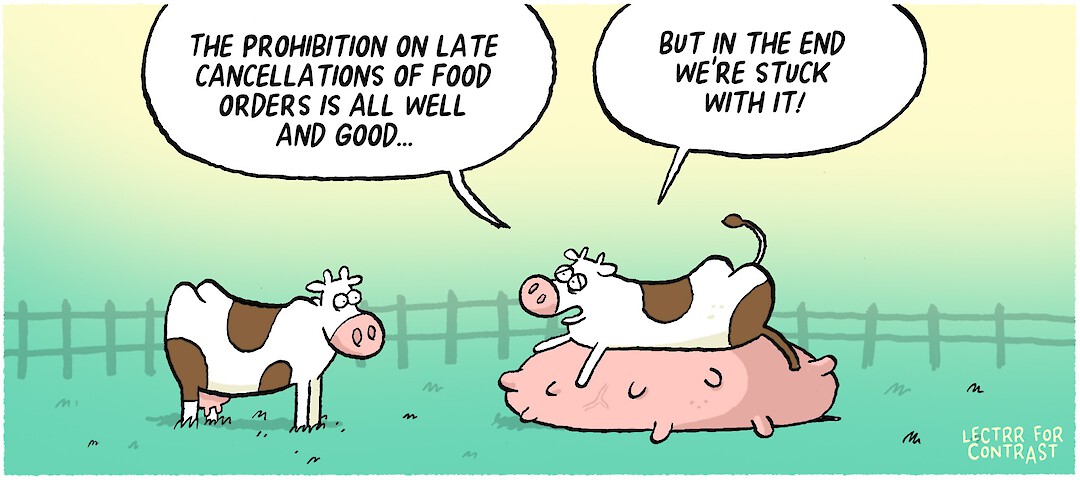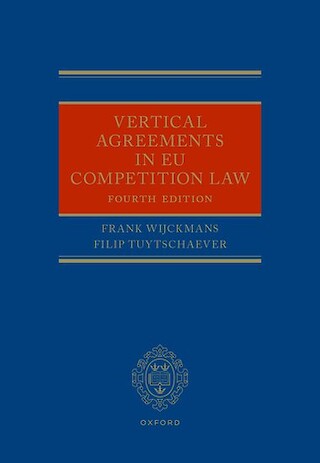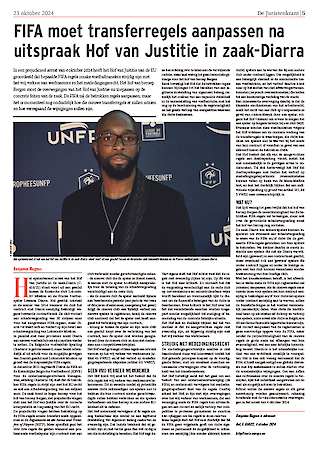In the Picture

They´re big, I´m little, and it just ain´t fair! Smaller suppliers and the food supply chain.
September 2019Imagine…
You are a buyer for an agricultural and food products trader. The fruit harvest has begun and you are currently negotiating the annual contracts with the fruit growers. In so doing, you try to obtain the longest possible payment period, because you want to build in a margin for the long payment periods that your own customers - often major retailers - demand from you.
You and the fruit growers agree on a payment period of 60 days, the same period as the one you have with the retailers.
You inform your legal department, and they immediately tell you that the payment period can´t be more than 30 days. Under the new European regulations, a payment period of 60 days would no longer be possible.
You are taken aback. Why wouldn´t you be able to agree on 60 days? Hadn´t the fruit growers agreed to it? What effect will this have on your company’s liquidity?
A brief clarification.
The Directive (EU) 2019/633 on unfair trading practices in business-to-business relationships in the agricultural and food supply chain, which seeks to protect farmers and medium-sized suppliers and processors of agricultural and food products, entered into force on 30 April 2019. It applies to the entire agricultural and food supply chain, including the sale of meat, fish, shellfish, vegetables, fruit, grains, milk and dairy products and eggs.
The directive prohibits certain trading practices that can derive from an imbalance in bargaining power between small suppliers and large buyers. In this way the directive wishes to prevent smaller suppliers from being obliged to accept practices that are disadvantageous for them in order to nevertheless be able to continue selling their products to larger buyers.
The directive divides suppliers and buyers into six categories on the basis of their annual turnover. The protection applies for any supplier who is in a lower turnover category than his buyer. For example, a supplier with an annual turnover between 2 and 10 million euros is protected against buyers having an annual turnover of more than 10 million euros. If the latter in turn has an annual turnover of less than 50 million euros, and resells the products to a buyer with a turnover greater than 50 million euros, he too is protected. The protection applies for suppliers with a turnover up to 350 million euros.
The directive offers protection against 16 trading practices that are regarded as unfair and are placed on either a black list or a grey list.
Trading practices on the black list are always prohibited, without possibility of contractual derogation. A prohibition on commercial retaliation also applies, which assures that the protected suppliers can effectively enforce the rights granted by the Directive. One example of a practice on the black list is agreeing on a payment period of over 30 days for perishable agricultural and food products. The buyer from the example will thus possibly have to abandon his payment period of 60 days. Short-notice cancellations of orders of perishable agricultural and food products and certain unilateral contract modifications by the buyer, such as changing the place or method of delivery, are also on the black list.
Trading practices on the grey list are not absolutely prohibited, but only allowed if they are clearly and unambiguously agreed to in the supply contract or in a subsequent agreement between the supplier and the buyer. Examples of trading practices on the grey list are the return of unsold agricultural and food products to the supplier without payment, as well as making the smaller supplier pay for a promotional, advertising or marketing campaign of his buyer.
Enforcement is assured by one or several national enforcement authorities that will have the power to determine the existence of infringements, put an end to them and impose fines or other sanctions.
The directive must be transposed by 1 May 2021 at the latest into national regulations, which themselves must enter into effect by 1 November 2021 at the latest. Member States are allowed to adopt more far-reaching protective measures.
Concretely:
- A new directive offers protection to smaller suppliers in the food supply chain.
- The protection applies against 16 specific trading practices placed on a black list and a grey list. Trading practices on the black list are always prohibited. Practices on the grey list are only allowed if the buyer and the supplier clearly and unambiguously agree to them.
- Infringements can give rise to fines or other equally effective sanctions.
- The directive allows Member States to take more far-reaching measures to protect economically weaker suppliers.
Want to know more?
- The list of products that belong to the agricultural and food supply chain can be found in annex 1 to the Treaty on the Functioning of the European Union: https://eur-lex.europa.eu/legal-content/EN/TXT/PDF/?uri=CELEX:12012E/TXT&from=EN.
- The text of the directive can be found here: https://eur-lex.europa.eu/legal-content/EN/TXT/PDF/?uri=CELEX:32019L0633&from=EN.
- You can find a handy information brochure (in English) from the European Commission about the directive here: https://ec.europa.eu/info/sites/info/files/food-farming-fisheries/key_policies/documents/brochure-utp-directive_en.pdf.











